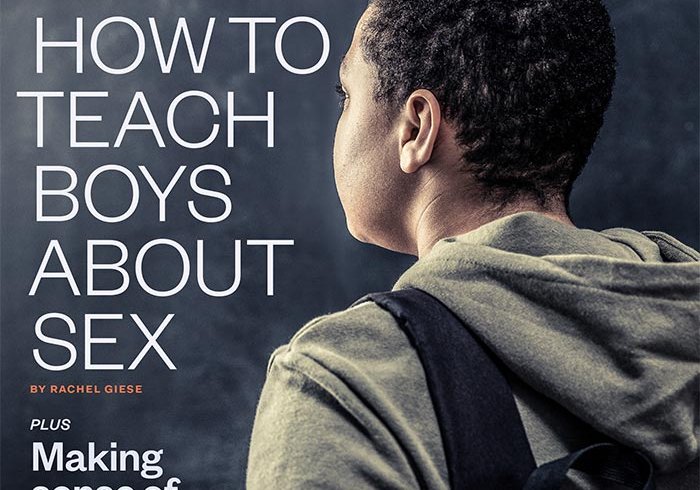In Joseph Boyden’s novel The Orenda, there’s a moment when a Jesuit missionary tries to explain the Christian concept of God to a dozen Hurons huddled in a longhouse near what is now Midland, Ontario. He opens his Bible to Genesis and reads aloud in French: “He [God] said, ‘Let us make man to our image and likeness: and let him have dominion over the fishes of the sea, and the fowls of the air, and the beasts, and the whole earth, and every creeping creature that moveth upon the earth.’” I’ve heard these words all my life, but for the first time, finding myself in the seventeenth century among people who believe that spirits reside in all things, I fully grasped their meaning. If mankind has dominion over the earth, as we have told ourselves for a few thousand years, it follows that all other things—fish, fowl, beasts, and creatures that creep—matter only insofar as they matter to us. What a colossal conceit.
No wonder we find ourselves at this troubling juncture. Tuna, burrowing owls, elephants, monarch butterflies, and hundreds of other species are declining. The Arctic ice cap is melting. Coral reefs are dying. The Amazon rainforest is being felled. The world’s freshwater aquifers are being sucked dry. Sometimes even the air is unfit to breathe. But so what? Human beings are all right; in fact, we’re thriving. More of us are living longer and better than at any time in history, and if our consumption of the earth’s resources is unsustainable, as scientists warn, we can always change our ways when the time comes—which is to say, not when depletion threatens fish and butterflies but when it threatens us, who have dominion over them. Never mind that by then it may be too late.
To the Jesuits, the Indigenous peoples of the Americas seemed primitive, and in some respects they were, although it’s worth remembering that the violence First Nations inflicted on one another was no more horrific than what Catholics meted out to supposed heretics during the Inquisition. Let’s acknowledge that while they may have had other words for it, Native peoples understood sustainability long before Henry David Thoreau and other nineteenth-century environmentalists did. Huron farmers knew that soil requires rest, so from time to time they moved their cornfields. The Mi’kmaqs who welcomed the Europeans to North America in the 1500s could scarcely have imagined how the newcomers’ progeny would brazenly destroy the Atlantic cod stocks. Today, when First Nations in British Columbia’s Great Bear Rainforest insist on its protection, they are asserting a commitment to the stewardship of natural resources that goes back for millennia.
Aboriginal relationships with the environment are summed up in a proverb: We do not inherit the earth from our ancestors; we borrow it from our children. Hurons believed they owned only what they could carry, and if they didn’t own the land on which they lived (if, as they might have said, it owned them), then it was not theirs to abuse. The idea of ownership only exacerbates the destructive tendencies that began with the belief in mankind’s dominion. Nor is the impulse to share rather than own incompatible with a Western world view. Twenty-five years ago, I travelled to Italy with a friend who went to visit his widowed mother. He had become a wealthy man since immigrating to Canada, and one morning he was on the phone in her kitchen doing deals that would make him even wealthier. When he hung up, she took him aside and said softly, “Sai, figlio mio, qui al mondo siamo solo in affitto.” You know, my son, in this world we are only renters.
Like the missionaries in The Orenda, too many of us mistake sophistication for intelligence and dogma for wisdom. Having dismissed the First Nations for centuries, we wrongly assume that because they didn’t invent the internal combustion engine they have nothing to teach us. Yet, as John Ralston Saul reminds us in A Fair Country: Telling Truths about Canada, when we settled this new land they were our teachers. What we learned from them informed what we became as a country: diverse, tolerant, compromising. Perhaps it’s time we acknowledge Genesis for what it is, a self-aggrandizing fairy tale, and rediscover the wisdom of the peoples Joseph Boyden, a descendant, wants us to know again.
This appeared in the April 2014 issue.





